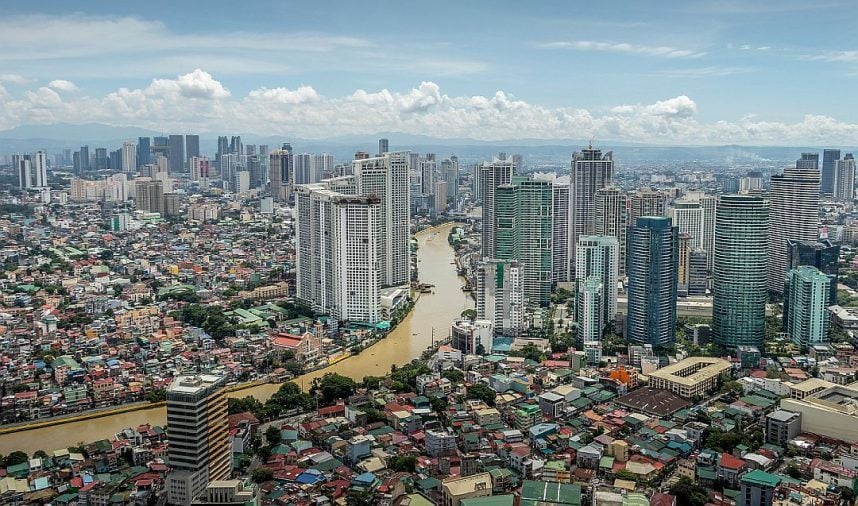Philippine Authorities Investigating POGOs and Foreigner Work Permits
Posted on: November 21, 2023, 08:37h.
Last updated on: November 21, 2023, 12:00h.
The ongoing scandal involving the Philippine Online Gaming Operator (POGO) segment continues to cause more work for authorities across all government ranks. Now, a complete review of all foreign nationals who received work permits or other authorization to work in the country is necessary.

The Department of Labor and Employment (DOLE) announced last week that it is currently undertaking a comprehensive assessment of the Alien Employment Permits (AEPs). The review covers more than 42K foreign individuals employed by POGOs, according to the Philippine News Agency.
Labor Undersecretary Benjo Benavidez said during a press conference that the DOLE is ready to take action against any foreign worker who may have participated in illegal activities. This includes the cancellation or revocation of AEPs, and in some cases, potential jail time.
POGOs Taxing Government Resources
This development follows a directive from the Senate last week urging the government agency to conduct a thorough review of the AEPs that foreigners working in POGOs have received. The call for scrutiny comes in the wake of recent raids on POGO establishments in Parañaque City and Pasay City.
The AEP, similar to a work visa in the U.S., is a crucial permit issued to nonresident individuals or foreign nationals seeking employment in the Philippines. Foreign workers must apply for and obtain an AEP before legally working in the country.
Those raids revealed a lack of operational licenses and allegations of involvement in illicit activities such as sex trafficking and hubs for operating online scams. There was also evidence that some of the workers may have illegally received an AEP or other permit. This revelation could eventually lead to criminal charges against government officials who approved the permits.
In many cases, the illegal granting of an AEP paved the way for some individuals to receive Philippine passports for as little as PHP500,000 (US$9,020). As a result, an unknown number of current passport holders could be foreign nationals with ties to criminal activity who were never properly vetted.
This, for some legislators, has become a grave threat to the Philippines’ national security.
POGO-Related Crime Rages On
The Philippines has been trying to eradicate illegal and scandalous gaming operators in hopes of cleaning up its image. For all of its efforts over the past two years, there are still huge issues that pop up.
About a week ago, police reported an incident involving international workers in Pampanga, where two lives were lost and another individual sustained severe gunshot wounds. The dead were from China and Malaysia, while the injured man was also from China. He had been shot five times, but survived.
Authorities are linking the attack to a possible kidnapping attempt related to POGO activities. There were reportedly two more individuals traveling with the three victims, but their whereabouts are unknown.
This past weekend, police arrested five people assumed to be working for an illegal POGO. The National Bureau of Investigation said that there were four adults and a minor. The minor was carrying a firearm, which he later said he was forced to do by the adults so they could try to avoid harsher penalties.
Related News Articles
Philippines e-Sabong Scandal Leads to Charges Against PAGCOR Heads
Chinese Police Arrest More Than 90 in Gambling Gang Raid
Most Popular
Mega Millions Reportedly Mulling Substantial Ticket Price Increase
NoMad Hotel to Check Out of Park MGM on Las Vegas Strip
Most Commented
-
End of the Line for Las Vegas Monorail
— April 5, 2024 — 90 Comments -
Mega Millions Reportedly Mulling Substantial Ticket Price Increase
— April 16, 2024 — 9 Comments -
Long Island Casino Opponents Love New York Licensing Delays
— March 27, 2024 — 5 Comments
















No comments yet